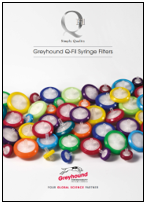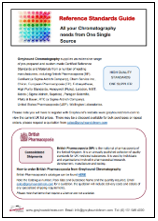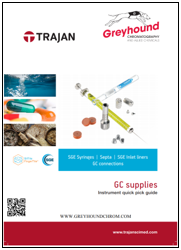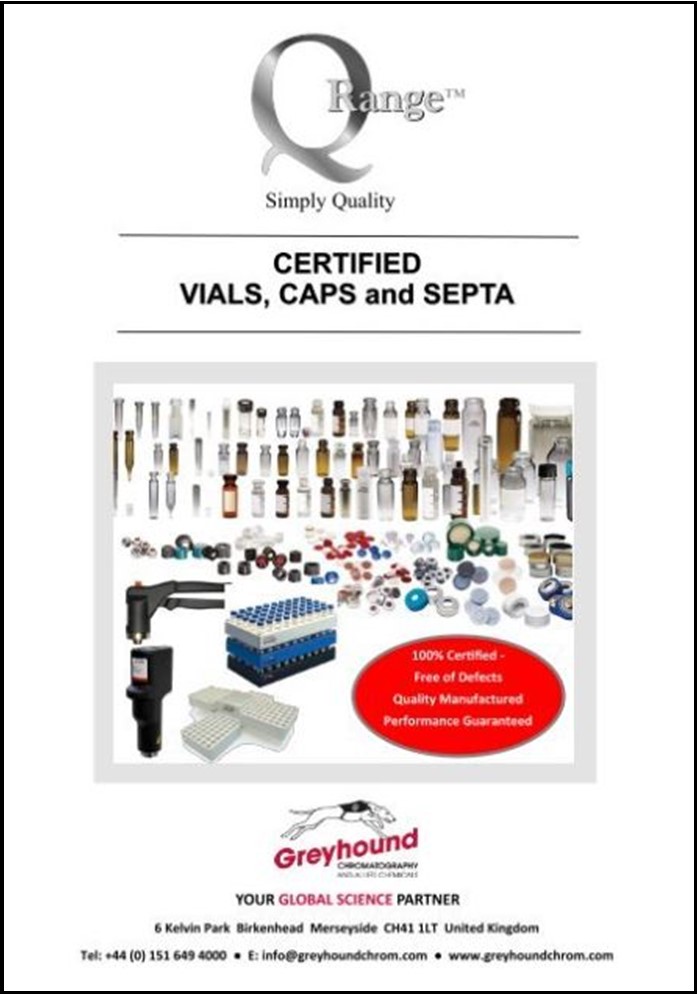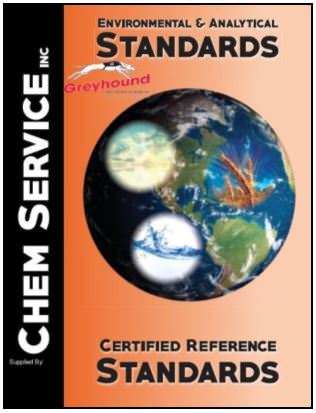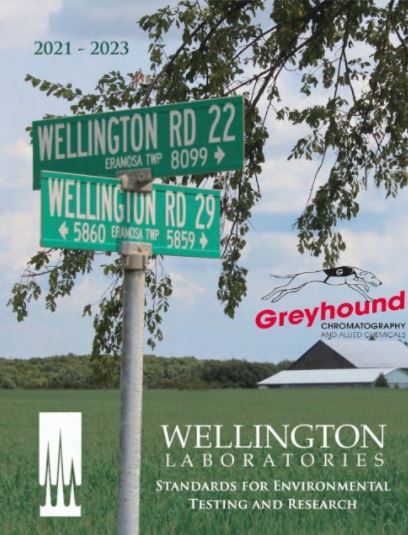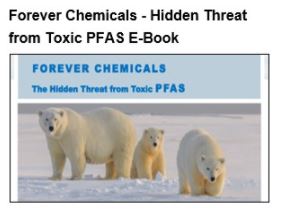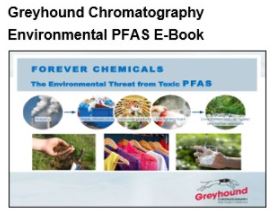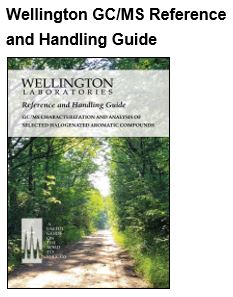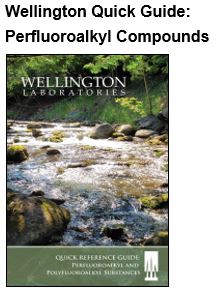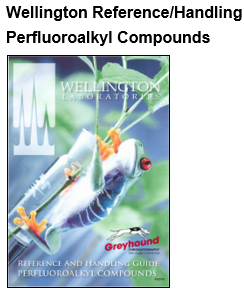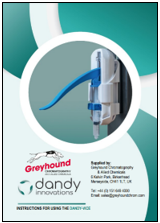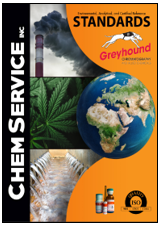Marine Litter - Time to end the plastic tide
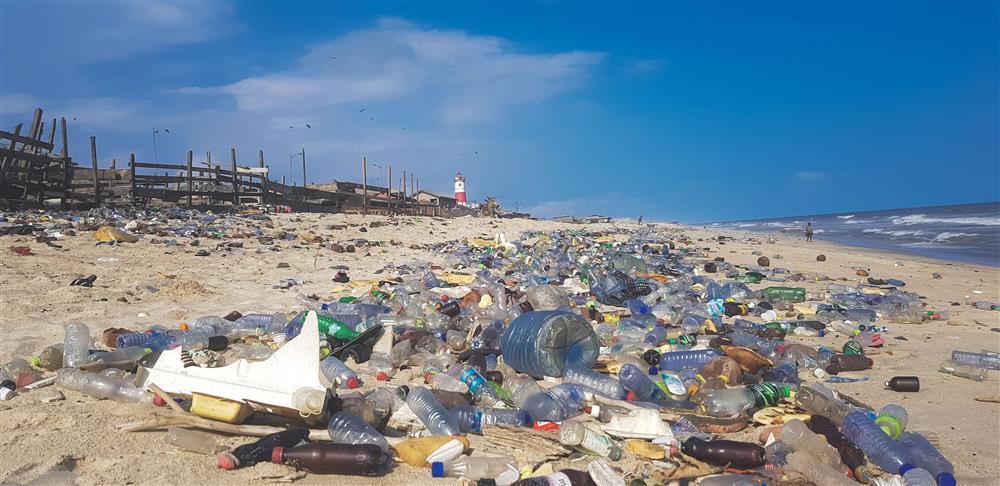
Making progress in conservation is often a series of steps: identify the issue, suggest a solution, get sufficient profile to take action and then the action itself. Blue Planet 2 really gave this issue the profile it so desperately needed because the scale of problem was already well known. Here are some mind-blowing figures:
- In the UK alone we discard 35 million plastic bottles per day. That a staggering 12.7 billion per year.
- 91% of all plastics aren’t recycled.
- Annually approximately 500 billion plastic bags are used worldwide. More than one million bags are used every minute.
- A floating mass of plastics off the coast of California is about 5 times the size of the UK, with plastic pieces outnumbering sea-life six to one.
- It takes 500 – 1,000 years for plastics to degrade.
- Major food retailers in the UK alone gave out 7.6 billion plastic bags before the 5p charge was introduced.
Those statistics show that a great deal of what we throw away ends up in the seas, either through bad management or inconsiderate wastage. 95% of all marine plastics come from just 10 rivers, 8 of which are in Asia, and just 5 countries account for 60% of the pollution – China, Indonesia, Philippines, Vietnam, and Thailand.
These plastics clog up the sea floor and float on the ocean surface, they get eaten by marine animals, and they get passed on in the food chain to us, either as particles of plastic in the tissue of the animals we eat, or as toxic chemicals in the flesh. Levels are now at crisis point.
Helping other countries
But there is a light at the end of this acrylic tunnel. There are things we can do to reduce this pollution, at least in the future. In those countries wasting so much plastic, the introduction of waste management systems would halve the amount of waste finding its way into the sea. I propose we use our foreign aid money to help some countries achieve this. It would be a good use for our foreign aid because it would help provide a healthier environment for the citizens, provide business support for the recycle industry, encourage drinking water treatment and reduce pollution. In those countries it will need to be a combination of changing behaviour and introducing new technology.
We must though be careful not to blame people in developing countries for using disposable water bottles, because in many countries water quality in distribution systems isn’t good, so bottled water is the only safe source.
What can we do?
What can we do here in the UK? I think there is an awful lot we can do to make a difference pretty quickly. Already councils are doing a great deal to recycle plastics and at the very least (and it is the very least) ensure they stay within landfills. We have to play our part by buying less in plastic packages.
That means refilling preferably non-plastic water bottles. That scheme championed by Whitbread and water companies around the country to top up water bottles at various shops and cafes is a great start. We at DWT are selling a refillable water bottle which Neal’s Yard Remedies, our corporate partner, are using to front their campaign as the first high street chain to roll out free water fill stations nationally. All DWT’s visitor centres are offering free water refills.
Then what about hot drinks? Let’s see the major coffee retailers fill up our favourite own mugs rather than give out plasticised cups. Take reusable plastic bags to the shops. They are a lot more useful and suitable than nasty, weak plastic bags anyway. I remember many years ago shopping in Carrefour in France and finding at the till that they didn’t have any plastic bags even if you wanted to pay for them. Loading item by item into the car was a strong incentive not to forget the shopping bags again. The 5p tax on bags has had a dramatic improvement on the state of our own beaches, with the number of discarded bags declining by half. It just shows what can be done.
Let’s make a real difference
I believe though that this is just scratching at the symptom not the cause. We need to change the way we think about disposable products. It should be no longer acceptable to buy products wrapped in single use plastics, except perhaps a small amount of thin films. Maybe not even that.
As an example of what we are up against, mineral water companies are a good example. They argue that transport costs and therefore carbon footprint will escalate if they have to convert to glass bottles. They also say their branding is vital to sales and they need to keep the shape, colour and size of the plastic bottles we have become so addicted to. I don’t agree. I believe there are plenty of solutions they could adopt and I hope that what will probably be a decline in sales will force them to think a little outside of the box, or in this case bottle.
For example, they could tanker water into local bottling and distribution centres and use glass. Instead of recycling the glass, why not put a deposit on the bottles like we used to? Then you could hygienically clean and reuse them without melting them down. Better still why doesn’t the government introduce standard bottles of different sizes and shapes that could be endlessly recycled. Any one bottle could have fizzy water in it one day, pickle the next and gin the next. It cannot be beyond the wit of marketers to come up with an endless array of on-product labels and marketing to retain that desperately sought-after brand recognition.
Government and the big retailers say the producers won’t do it, but we have seen the huge purchasing power they have and how they can force producers to take the actions they want. My point is that we can fiddle around the edges and decrease plastic wastes somewhat, or we can really use the momentum that Sir David has given us and make a real difference, now while the producers are on the back foot.
ALL copyright laws and information used in this blog belong to https://www.dorsetwildlifetrust.org.uk/index.html
CONTACT US
Tel: +44 (0) 151 649 4000
Email: marketing@greyhoundchrom.com
FOLLOW US
YOU MAY ALSO BE INTERESTED IN OUR NEWSLETTER


